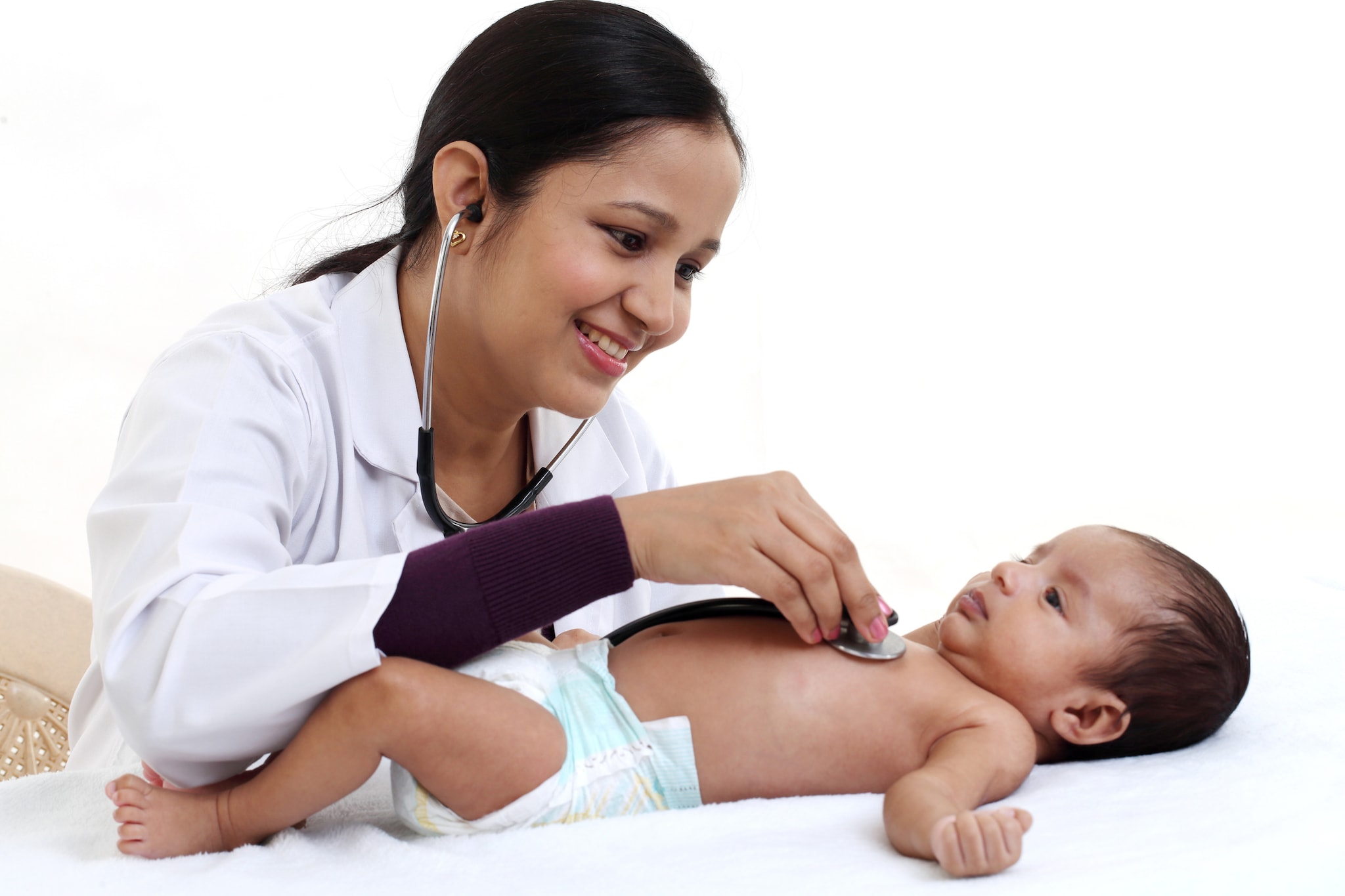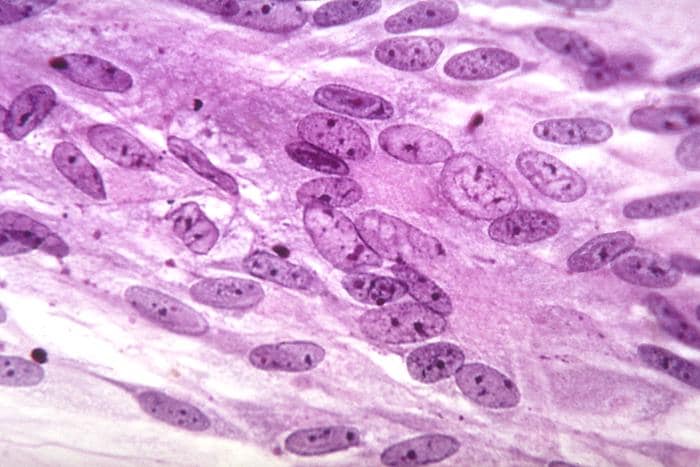Key points
- Prompt identification, investigation, and control of varicella outbreaks are important; even mild cases can be contagious.
- CDC works with state health departments to monitor varicella outbreaks.

Current situation
Varicella outbreaks continue to occur even in settings such as schools where most children are vaccinated. However, there have been fewer outbreaks reported since the two-dose varicella vaccination program started in the United States. Also, these outbreaks have been smaller in size and shorter in duration. The majority of outbreak related cases occurred in unvaccinated people; in these outbreaks the majority of vaccinated patients had mild disease.
Reporting outbreaks
States are encouraged to report varicella outbreaks to CDC quarterly. Sixty-four jurisdictions have been funded through CDC’s Epidemiology and Laboratory Capacity program to enhance varicella surveillance, including outbreak surveillance. This funding allows CDC to receive data on varicella outbreaks from all funded jurisdictions. The data help better assess the impact of the two-dose program on varicella outbreaks. Better control of varicella outbreaks was a major rationale for the second dose recommendation.
Varicella outbreak reporting worksheet
Controlling outbreaks
Best way to control infection
Recommendations
Optimally, outbreak control efforts should be implemented as soon as a case is identified. Varicella vaccination should be offered even if the outbreak is identified late. Varicella outbreaks in some settings – such as childcare centers, schools, and institutions – can last months, particularly if varicella vaccination coverage is low. Thus, offering varicella vaccine during an outbreak may provide protection to people not yet exposed and shorten the duration of the outbreak.
Varicella vaccine dosages
- People with no evidence of immunity to varicella should get a first or second dose of varicella vaccine as appropriate.
- People vaccinated with the first dose of varicella vaccine as part of outbreak control measures should be scheduled for the second dose according to the recommended interval for second dose administration.
- For outbreaks in preschool settings, two doses of varicella vaccine are recommended for children aged 1 to 4 years for best protection.
When to return to school
People who get their first or second dose of varicella vaccine as part of outbreak control measures may be immediately readmitted to school.
Outbreak surveillance tools
Chickenpox Reporting and Surveillance
Laboratory Testing for Varicella-Zoster Virus (VZV)


